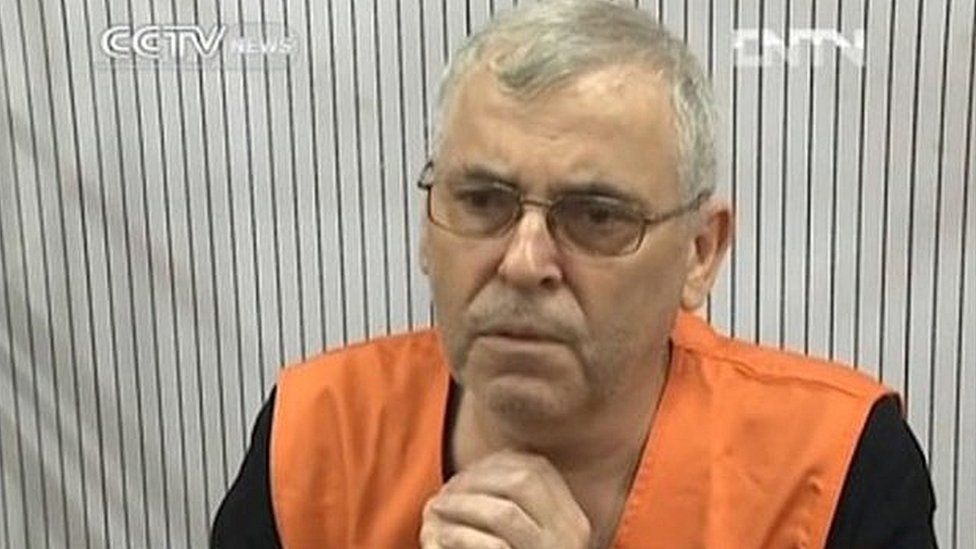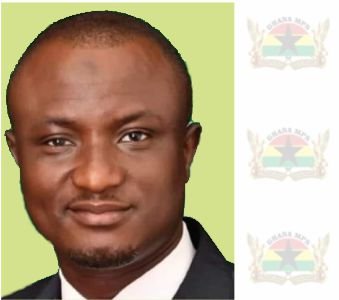UK state broadcast regulator, Ofcom has announced it is revoking the license of Chinese news network CGTN, citing lack of editorial control and links to China’s ruling Communist Party.
The UK Office of Communications, commonly known as Ofcom said that the current licence holder, Star China Media Ltd, had failed to show that it had editorial oversight over CGTN. The regulatory authority also ruled that the Chinese State TV Channel was ultimately tied to the Chinese Communist Party.
“We have given CGTN significant time to come into compliance with the statutory rules. Those efforts have now been exhausted,” Ofcom said in a statement.
“Our investigation concluded that Star China Media Limited, the licence-holder for the CGTN service, did not have editorial responsibility for CGTN’s output.
“As such, SCML does not meet the legal requirement of having control over the licensed service, and so is not a lawful broadcast licensee.
“Following careful consideration, taking account of all the facts and the broadcaster’s and audience’s rights to freedom of expression, we have decided it is appropriate to revoke the licence for CGTN to broadcast in the UK.”
CGTN had been available on free and pay TV in the UK. The channel has long faced criticism for parroting the Communist Party line in its global broadcasts.
Ofcom also revealed that it is continuing to investigate a slew of other complaints about the Chinese channel that violated rules on fairness and accuracy. One of these complains is from UK national, Peter Humphrey, who says he was forced to make a criminal confession aired by the broadcaster in July last year.
Mr Humphrey was jailed for more than two years by a court in Shanghai in 2014, in connection with a corruption case involving pharmaceutical giant GlaxoSmithKline.
He accused Chinese authorities of drugging him and locking him in a chair inside a small metal cage to conduct the confession.

The programmes aired by CGTN included footage of him appearing to confess to a criminal offence, and reported his conviction and an apology. Mr Humphrey was identified in the footages but his face was blurred.
After his release, he complained to Ofcom about news reports on the case aired on the then-CCTV, which was later renamed CGTN.
CCTV justified its reports to Ofcom on public interest grounds, arguing it had obtained Humphrey’s consent and was not aware of mistreatment.
Shortly after the UK regulator’s announcement, China’s Foreign Ministry said it had lodged “stern representations” to the British Broadcasting Corporation (BBC) over “fake news” coverage of COVID-19 and urged the broadcaster to publicly apologise.
In a statement, a ministry spokesperson said that the BBC had recently “linked the pandemic to politics” and “rehashed theories about a cover up by China”.
Beijing routinely threatens retaliation against Western countries for acting against its media operations, and has warned of sanctions in turn against groups such as the BBC in China.
This isn’t the first time Ofcom has revoked a state-owned channel’s broadcast license. In 2012, the regulator stripped Iran’s Press TV’s license after a complaint it aired a scripted interview with a detained journalist carried out under threat of execution.
Ofcom also has the power to impose fines on UK-licensed broadcasters for breaches of media rules on impartiality and fairness. Overall, the law states that they must not be controlled by political bodies.





















